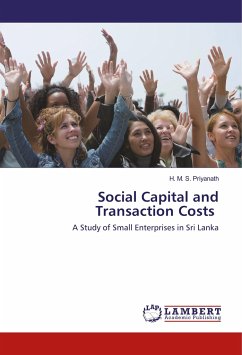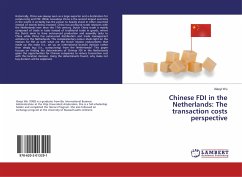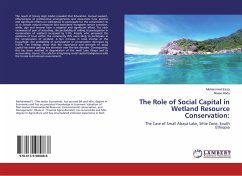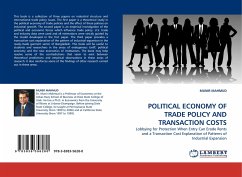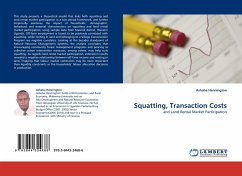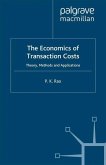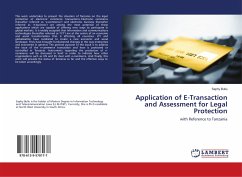Small Enterprises (SEs) have a higher failure rate due to various limitations mostly reflected in Transaction Costs (TC). They fail to govern TC in an economizing manner due to the information and resource limitation. Instead, SEs develop informal and personal relationships with different members of the network expecting supports in order to overcome their limitations (resources and information). The network relationships lead to build Social Capital (SC) and thereby facilitate access to information and resources which have an influence on mitigating TC. Therefore, the study attempted to explore how SC affect the TC of SEs in Sri Lanka. The study mainly employed the survey method to gather data using quantitative methodological approach. The data were collected from 373 SEs located in nine Districts representing all Provinces in Sri Lanka, conducting face-to-face personal interviews with the respondents. The data were analyzed using Partial Least Squares-Structural Equation Modelling.
Bitte wählen Sie Ihr Anliegen aus.
Rechnungen
Retourenschein anfordern
Bestellstatus
Storno

